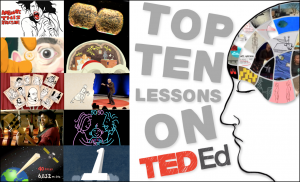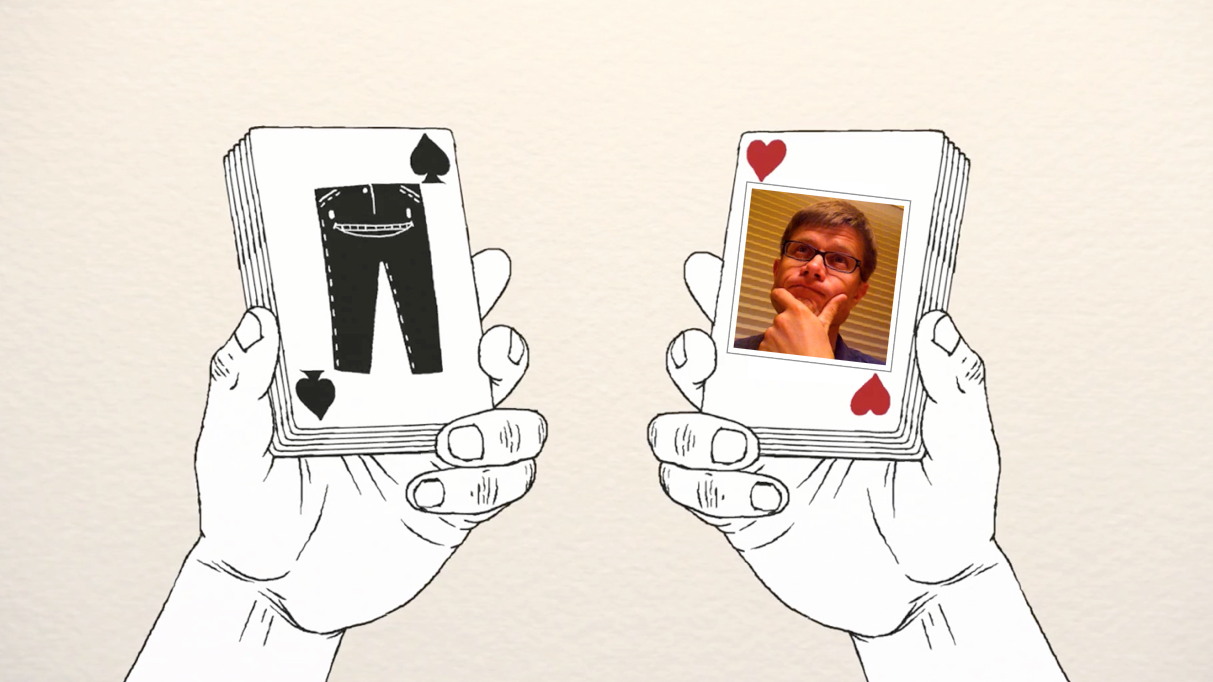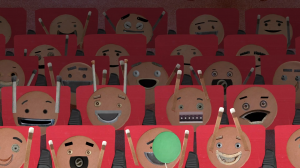
How one AP Biology teacher uses TED-Ed Lessons
Paul Andersen, creator of the “The Five Fingers of Evolution” and a seasoned AP Biology teacher at Bozeman High School in Montana, talks to TED-Ed about his life as a teacher and how he integrates videos into his teaching.
You have been teaching for the past 18 years — that’s a long time. Do you remember what you thought on your first day?
I will never forget my first day of teaching. I started my career teaching all sciences in a rural Montana school. The average class size was about ten. I can remember the names of the students and where most of them were sitting in the classroom. I also remember being nervous and incredibly excited. As a teacher you have the ability to create your own environment from scratch. This is incredibly freeing but it is also a great responsibility. I still get a little nervous and excited before my first class each morning.
What’s your most memorable (or in your case, most embarrassing) teaching moment?
My most memorable day was probably my first day of student teaching. I needed to use the bathroom before class and so I chose the student bathroom (big mistake) rather than the staff bathroom. I used my foot to raise and lower the toilet seat to avoid touching anything. This worked great until the toilet seat came crashing down and broke in half. Explaining this to the school secretary on my first day of teaching was humbling. Needless to say things have gotten better over the years.
How have you been using video in your classroom?
I started creating videos for my classroom about four years ago. The initial videos were supplementary and designed for just my students. A friend of mine suggested that I start posting them online as well. This is one of the greatest pieces of advice I have ever received. Learners around the world have viewed my science lessons on YouTube millions of times and the feedback I have gotten from these learners has been incredible. The comments have been very appreciated but they have also made me a better teacher. When your audience is the world you take everything a little more seriously.
What do your students think about how video is integrated in their learning?
Students love the independent nature of the class. Students are able to pause, rewind and fast forward the video according to their own pace of learning. I couldn’t use this system without the videos.
What was your first reaction when you saw your TED-Ed Animated Lesson?
I was simply amazed. The animation that Alan Foreman created added a whole new element to the lesson. Watching videos like these is a relatively new and thoroughly engaging experience. Your mind is working to keep up with the parallel story lines: the story of the narrator and the story of the animator. It is very exciting to be a part of such a great project.
Students can sometimes be the toughest critics. What did your students think of your TED-Ed Lesson?
The students loved the video. When I was in school, technology consisted of filmstrips and audiotapes. The lucky students were the ones chosen to change the slide when the tape would beep. Today’s students are immersed in media and they are more discriminating. The students have enjoyed all of the TED-Ed videos that they have seen in class and I anticipate using many of them next year.
What’s your favorite functionality of the TED-Ed Platform so far (if applicable)?
The power of the internet is in connections. I don’t know how many times I have sat down at the computer and found myself an hour later on a fascinating journey of learning. The Dig Deeper feature of the TED-Ed website can be that first step down the learning path.
Watch more of Paul Anderson’s educational videos on his YouTube Channel, Bozeman Biology.




